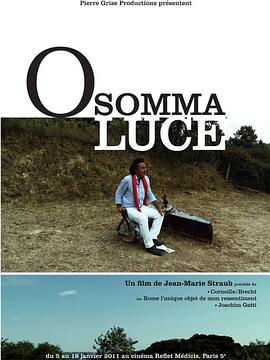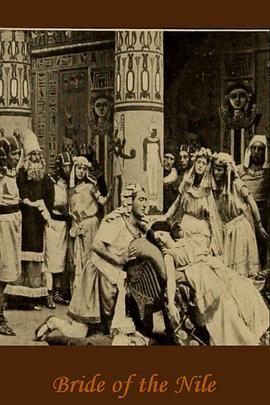
转自:http://www.filmlinc.com/nyff/2010/views-from-the-avant-garde-friday-october-1/views-from-the-avant-garde-jean-marie-straub
“The end of paradise on earth.”—Jean-Marie Straub
The 33rd verse and last chant of “paradise” in Dante’s Divine Comedy. The film starts with verse 67, “O somma luce…” and continues to the end. “O Somma luce” recalls the first words uttered by Empedocles in Danièle Huillet and Jean-Marie Straub’s 1987 The Death of Empedocles—“O himmlisch Licht!…” (O heavenly light!). This extract from Hölderlin’s text is also inserted into their 1989 film Cézanne.
“O somma luce” invokes utopia, or better still “u-topos,” Dante, Holderlin, Cézanne… the camera movement, recalling Sisyphus, in the film’s long shots, suggests its difficulty.
In O somma luce, with Giorgio Passerone’s Dante and the verse that concluded the Divine Comedy, we find at the extremity of its possibilities, the almost happy speech of a man who has just left earthly paradise, who tries to fully realize the potential of his nature. Between the two we find the story of the world. The first Jean-Marie Straub film shot in HD.
So singular are the textual working methods of Straub-Huillet, and now Straub on his own, that it is hard to grasp how far reaching they are. Direction is a matter of words and speech, not emotions and action. Nothing happens at the edges, everything is at the core and shines from there alone.
During the rehearsals we sense a slow process by which ingredients (a text, actors, an intuition) progress towards cohesiveness. It is, forgive the comparison, like the kneading of dough. It is the assembling and working of something until it becomes something else… and, in this case, starts to shine. Actually it’s very simple, it’s just a question of opening up to the light material that has been sealed up. Here, the process of kneading is to bring to life and then reveal. The material that is worked on is speech. So it is speech that becomes visible—nothing else. “Logos” comes to the cinema.
The mise en scène of what words exactly?
The process of revealing, “phainestai”; “phainomenon,” the phenomenon, is what take splace, what becomes visible to the eye.
Is “Straubie” Greece?
This mise en scène of speech, which goes beyond a close reading of the chosen text, is truly comes from a distant source.—Barbara Ulrich

拉美西斯大帝旗下的一个士兵,把卡默斯的爹娘赶出了他们的家园。卡默斯决定对这个不公平的事件展开抗争。於是他出发前往埃及的首都底比斯,想到土地司去调查这件事情。然而进入土地司之前,必须先经历过一番锻鍊;卡默斯下定决心要克服一切的阻碍。因缘际会之下,他遇到了一位名唤诺菲的女孩,疯狂地陷入热恋,并且获得了她的支持,准备一起携手打这场官司。然而诺菲与卡默斯来自两个完全不同的常来www.cl2zz.com阶层。不过,他们还是决定心手相连,一起面对所有的挑战,即便最後必须去面见法老王本人也不害怕......拉美西斯大帝时代,在底比斯附近的一座小村庄,住著一对农民和他们的儿子卡默斯。有一天,他们家来了一个身材高大的士兵,自称是法老王大军的退伍军人。这士兵夺走了他们的田产和房屋,还声称这是法老王的命令。
於是卡默斯决定到底比斯去讨回公道。抗争的过程中,他认识了一个同年龄的女孩──美丽的诺菲,两人坠入了情网。这一对小情侣,真的能替卡默斯的爹娘讨回公道吗?